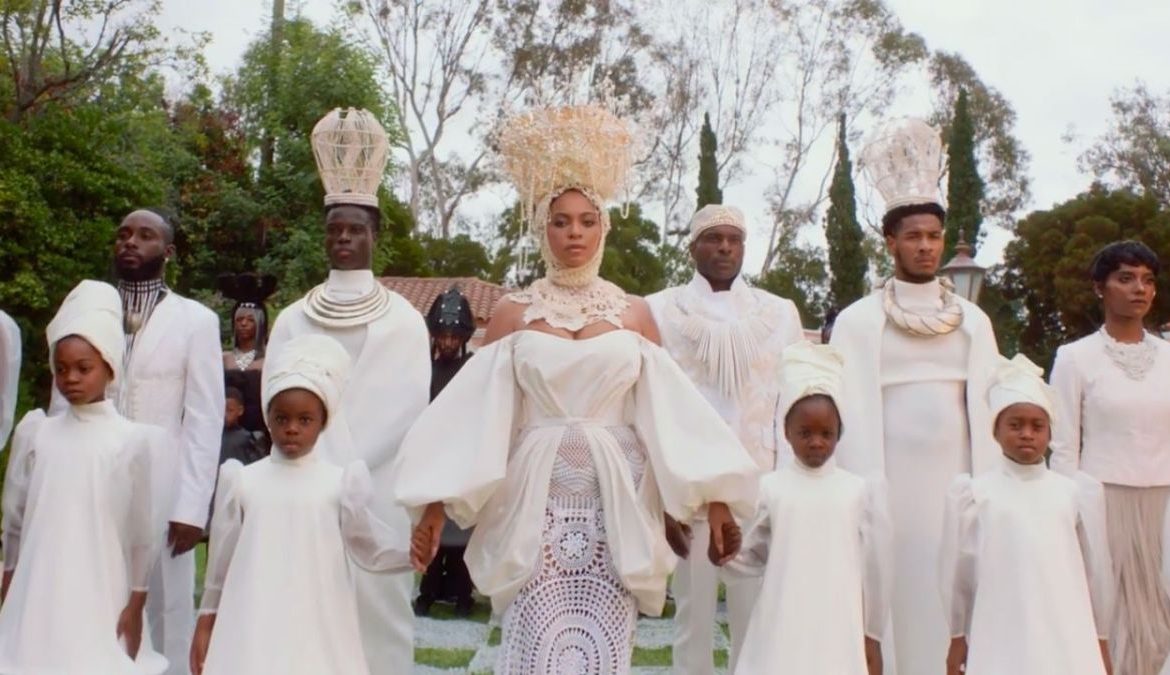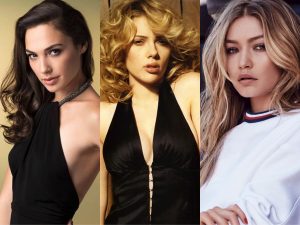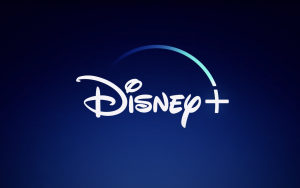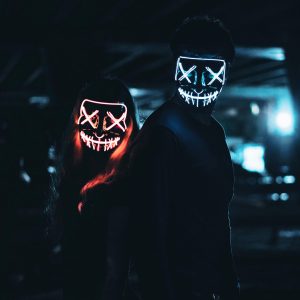Beyonce Knowles has always been more of a visual thinker, and we’re sure many of her fans would agree. This is a talent that applies well to her different ventures, whether it be filmmaking or music. When it’s a coupling between these two worlds, the result is no less a masterpiece. Black is King wouldn’t be her first foray experimenting with the music video and film format, with her work heralding new standards for this generation of pop music videos.
With that in mind, let’s explore some of her recent film work.
2016: Beyonce – Lemonade
Released back in April of 2016, Lemonade is the artist’s sixth studio release. Lemonade was conceptualized as a visual album. It was accompanied by a 65-minute feature film that aired on HBO. From the get-go, it was clear that this was a particularly personal and introspective album. It chronicled the emotional journey Beyonce went through following Jay-Z’s infidelity and highlighted its racial, and generational, context.
Music-wise, Lemonade can’t be boxed in a singular genre. It covered country, funk, gospel, hip hop, trap, soul, electronic, blues, and reggae. Beyonce has always been one of music’s biggest collaborators and this release didn’t stray from that. It featured a slew of other talented musicians, including the likes of Jack White, Kendrick Lamar, James Blake, and The Weeknd. The end result? A collection of Beyonce songs that speak to resilience and the power black women hold.
Beyonce: Lemonade – The Film
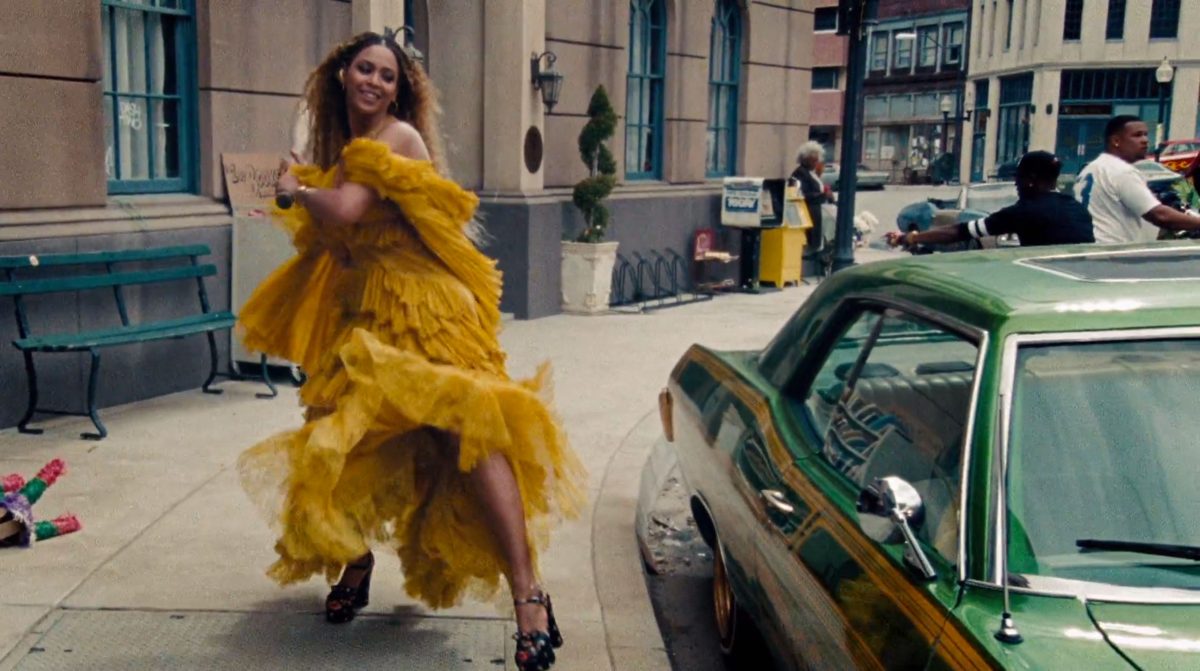

There are 11 chapters in this grand production helmed by Beyonce. Billboard’s Miriam Bale referred to it as a “revolutionary work of Black feminism”. The film’s 65-minute run time is divided into 11 chapters:
- Intuition
- Denial
- Anger
- Apathy
- Emptiness
- Accountability
- Reformation
- Forgiveness
- Resurrection
- Hope
- Redemption
The works of British-Somali poet Warsan Shire were also adapted into the feature. This includes her poems, “Dear Moon,” “The Unbearable Weight of Staying,” “How to Wear Your Mother’s Lipstick,” “For Women Who Are Difficult to Love,” and “Nail Technician as Palm Reader.”
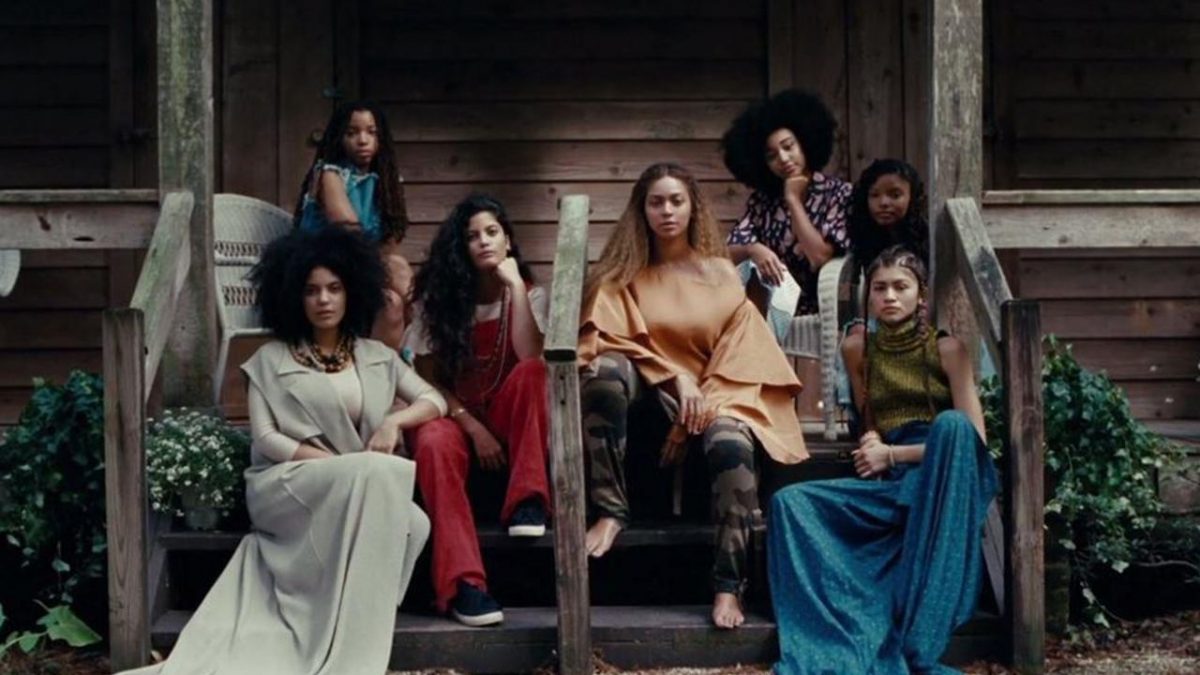

The film’s cast features a number of notable black women, including Zendaya, Amandla Stenberg, Laolu Senbanjo, Ibeyi, Chloe x Halle, Quvenzhané Wallis, and Serena Williams. Also featured in “Forward” are the mothers of Trayvon Martin, Eric Garner, and Michael Brown. Beyonce’s own mother Tina Knowles, and Jay-Z’s grandmother Hattie White, also made appearances in the film. Offering a touch of intimacy, the film includes snippets of home video footage, showing Beyonce with her loved ones.
A Celebration of African-American Women
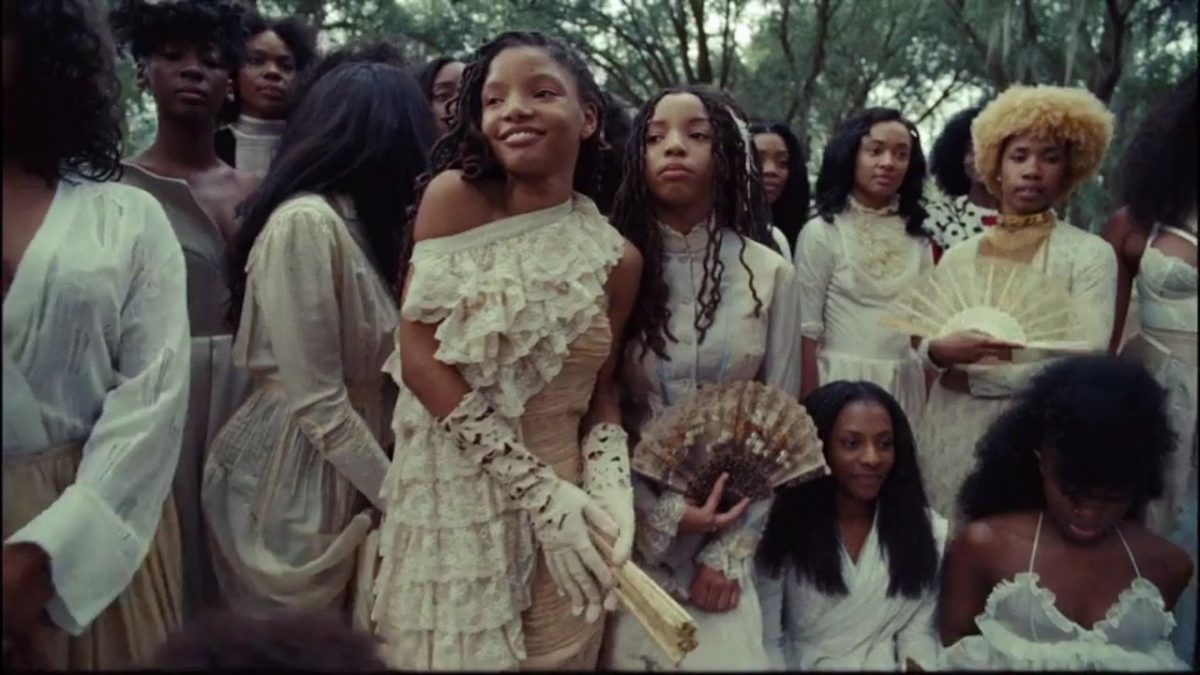

The film itself might relate to Beyonce’s relationship with Jay-Z, but it is also so much more than that. Beyonce Lemonade also highlights the relationship that black women have with the American society. It chronicles these women’s experiences in a way that’s rarely portrayed by the media—celebrating their achievements and continuous fight against the adversity they are facing.
2019: Beyonce – Homecoming
A few years after the release of Lemonade, reports of Beyonce working on new music began surfacing. Netflix would later confirm their collaboration with the artist. Unlike Lemonade, Homecoming is a concert film that chronicled what happened behind the scenes during Beyonce’s iconic 2018 Coachella performance. Touted by the masses as “Beychella,” the film gives viewers a more intimate look into the whole performance, showing the emotional and creative journey that led to its creation.
This isn’t your average concert documentary, however.
Spencer Kornhaber of The Atlantic referred to it as a “combo of well-edited stage spectacle and behind-the-scenes segments—intimate, hard-fought, occasionally tense, politically explicit, personally specific segments—make it a career-defining document.” Much like Lemonade, both the film and Beyonce’s performance served to honor the achievements of black women everywhere despite countless challenges.
It marked the first time a black woman headlined the world-renowned festival. Beyonce didn’t miss the chance to display the beauty of their traditions and culture in such a way that it also educated audiences who might be seeing it for the first time.
In Beyonce’s words, “Black women often feel underestimated. I wanted us to be proud of not only the show, but the process. I wanted everyone to feel thankful for their curves, their sass, their honesty—thankful for their freedom.” The artist has never been one to shy away when speaking out about issues, especially those concerning African-Americans. She often uses her platform and social media to champion causes. In particular, she promoted the petition seeking justice for George Floyd’s murder, which can be found on her website.
Beyonce: Homecoming – Featured Artists and Personalities
Her Coachella stage was composed of two hundred performers, making it one of the biggest in the festival’s history. It featured several artists, like Les Twins. There were also guests who were near and dear to Beyonce herself, including former Destiny’s Child members Michelle Williams and Kelly Rowland. It was a family affair, too, with Solange and Jay-Z along for the ride. The eldest among Beyonce kids, Blue Ivy, made an appearance in the film as well. A treat for the Queen B’s fans, we’re certain.
Beyonce – Before I Let Go
Homecoming had quite the tracklist, but among the standouts would be Beyonce’s cover of “Before I Let Go.” Originally performed by the R&B band, Maze, the song can be found in both the film and in the live album. Of the performance, Maze’s lead singer Franklin Beverly told Billboard magazine, “(I) feel bigger than ever! I feel like I have a huge smash out there.”
2020: Beyonce – Black Is King
A true artist never settles and constantly challenges themselves. This is apparent in Beyonce new album and film project, Black is King. Notably, the musical and visual album is all Beyonce. It was written, directed, and executive produced by Queen B, and is meant to be a visual companion to 2019’s The Lion King: The Gift. It’s clear, then, that she is more than just one of the most beautiful women in the world.
Unlike her previous releases, which were autobiographical, Black Is King is a re-telling of Disney’s The Lion King. The film follows a young African king who is exiled from his family and is cast into a harsh world. His journey is no different from Simba’s; attempting to reclaim his lost throne with the guidance of his spirit guide and childhood love.
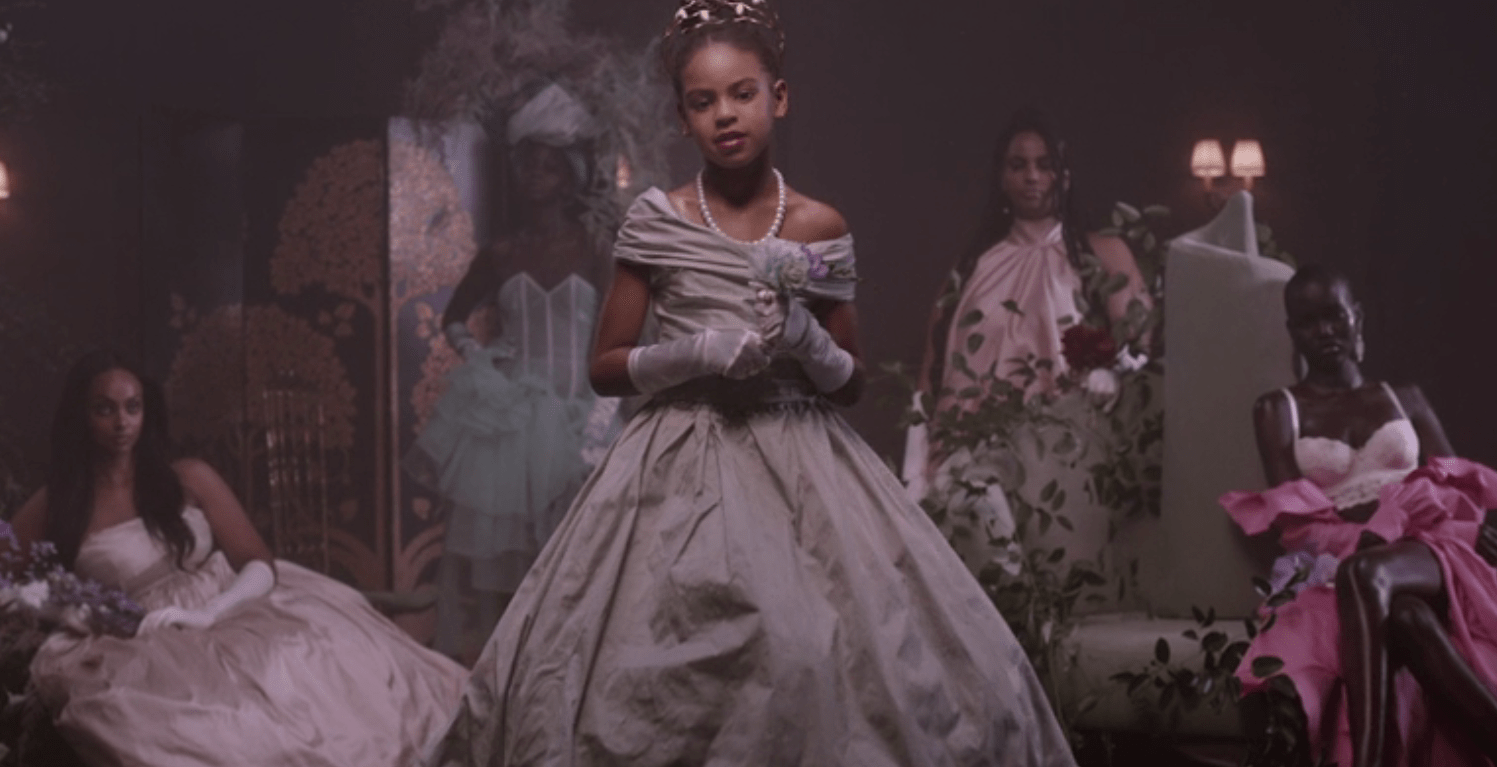

The cast is composed of many talented black artists. This includes Nyaniso Ntsikelelo, Stephen Ojo, Nandi Madida, Warren Masemola, Sibusis Mbeje, Connie Chiume, Mary Twala, and Fumi Odede. Additionally, there were special appearances from Lupita Nyong’o, Naomi Campbell, Kelly Rowland, and Pharrell Williams. Fans might be surprised to find the beloved Beyonce Twins, Rumi and Sir, making a cameo in the film as well!
A Love Letter to Africa
The film is a passion project that the artist has been researching, filming, and editing over the past year. Beyonce’s determination to find the best talent from Africa stems from her want to keep things as authentic as possible. This isn’t about picking things that fit and re-interpreting it in her own way—it’s a love letter that highlights Africa’s vast and rich culture. The grand scale of this production is certainly apt for this purpose
Black is King consists of different chapters, which represent the continent’s different localities such as Ghana and Nigeria. The cast and crew were made up of locals, representing connectivity and diversity. This same philosophy applies to the film’s casting. Beyonce wanted to feature new talent in the project, so she sought unfamiliar yet talented actors to partake.
Stephen Ojo’s casting is particularly special. The Nigerian actor and dancer makes his film debut in Black is King, portraying the Blue Man character. He choreographed and taught the different African Dance styles, along with the meaning behind each one.
Black is King Costume Design


Hundreds of costumes were designed to bring the film’s visuals to life. This includes 69 ensembles for Beyonce herself. The costumes were carefully curated by stylist Zerina Akers, collecting them from both global and independent designers. Much like Beyonce’s idea of tapping into new talent, Akers looked to emerging designers to fill the need. She referenced different tribal dress and traditions, while creating a world of fantasy that’s also deeply rooted in authenticity.
The dancers from the “Find Your Way Back” feature wear Kanaga Masks. Meanwhile, the sparkly outfits are a nod to the Dogon people, highlighting their complex astronomical expertise and astrological belief system. Audiences might notice the Burberry cow print coordinate featured in the “Already” video, which references the Zulu and Xhosa people of South Africa who made use of Nguni cattle hide for their shields. These small details tell the story of Africa’s many colorful traditions and introduces them to a new generation.
Black is King – Hairstyles
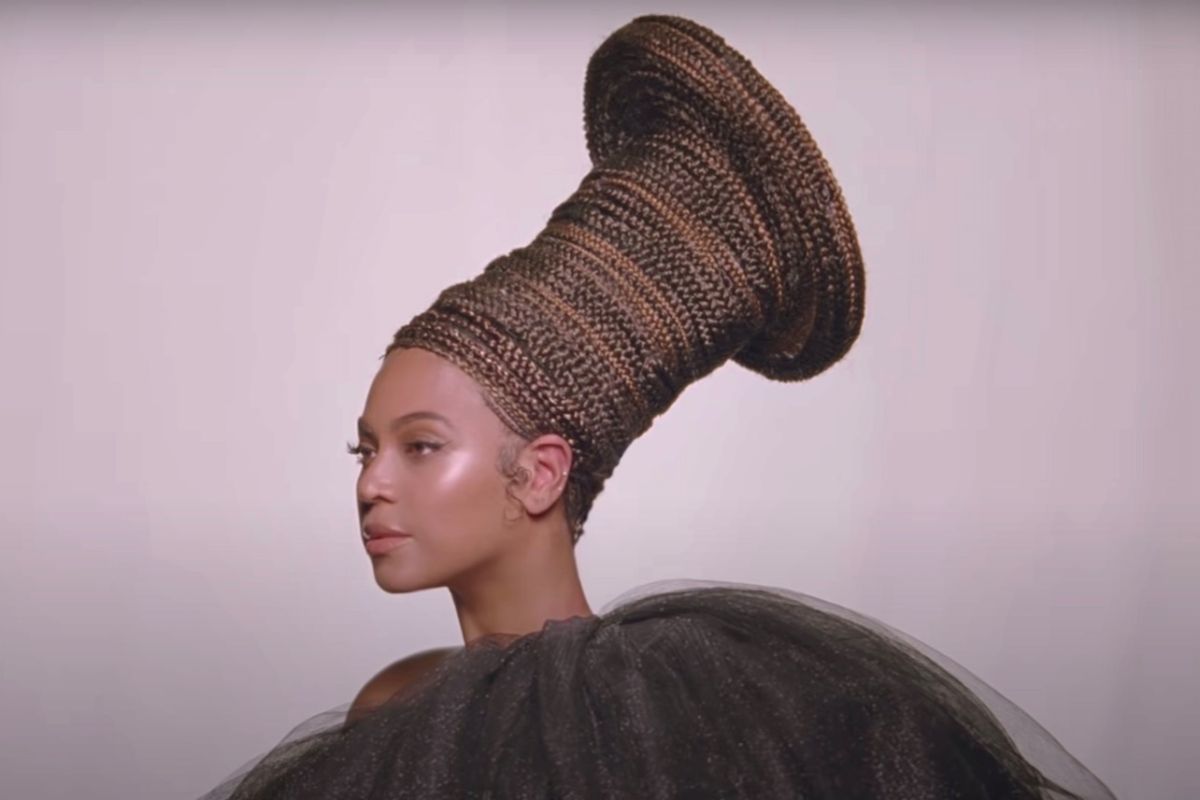

Beyonce worked with Neal Farinah when it came to the hairstyles shown in the film. She presented him with pages upon pages of references for traditional African hairstyles—all of which she spent considerable time in collecting. Hair is a big part of African-American culture. For this reason, Farinah only wanted the best black hair stylists to work with. Their team worked 16-hour days for nearly a week in order to put everything together. All of that effort was not for nought. They were able to produce 40 different wigs, including the 30-foot braided hairpiece that was featured in “Water.”
In an interview with Cosmopolitan, Neal Farinah opened up about how he wanted to “share the piece of the pie with other black hair stylists who don’t have this platform to show their creativity and their work.” With Beyonce net worth currently in the multi-millions, we’re happy to see her work opening doors and creating opportunities for other creatives.
Aside from showing off Beyonce natural hair, many of the styles took inspiration from different traditions across Africa. The braid crown worn by Beyonce in “Brown Skin Girl” was a nod to the Mangbetu people, where their use of the Lipombo Skull elongation technique was a way of showing their status and nobility. The video for “Already” featured Bantu knots, which referenced the Zulu people. The addition of the ankh represented life as per the ancient Egyptian culture.
Black is King – Filming Locations
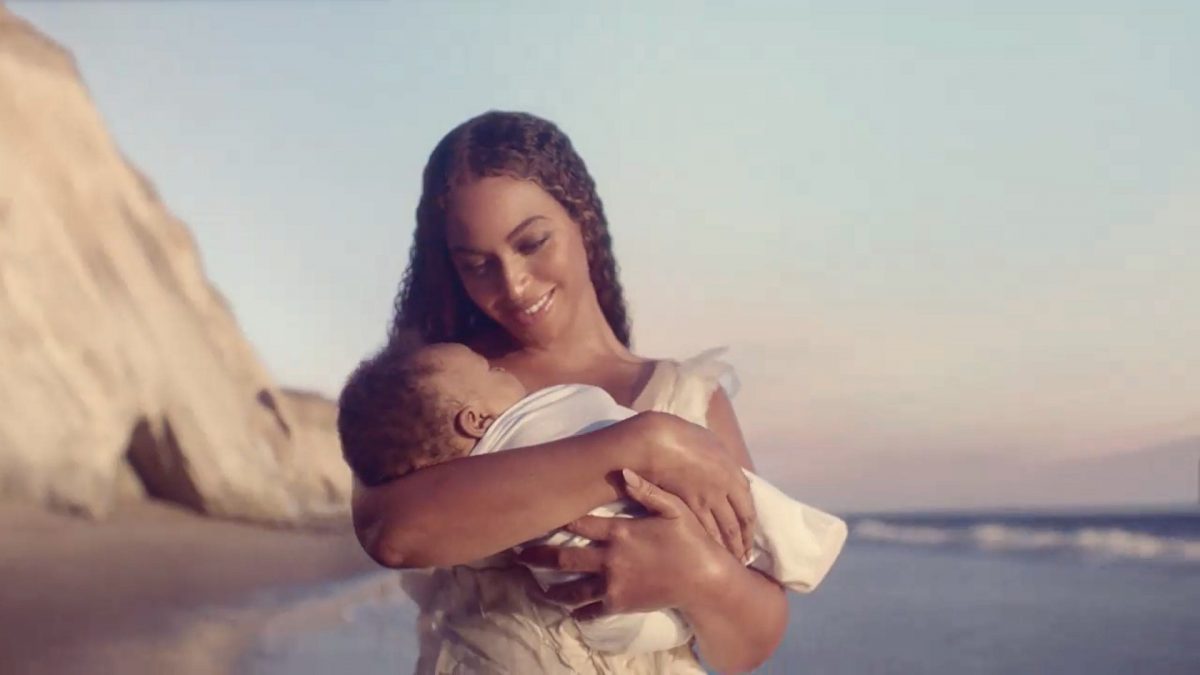

Shooting for the film began during the latter half of 2019. There were different locations chosen across the three continents. In the name of inclusivity, Beyonce wanted to feature the African continent and African diaspora. This was an ambitious task that needed creatives from all over the continent to work as one. The gorgeous locations shown in the film, include:
- National Arts Theatre, Lagos
- Eastern Region, Ghana
- Greater Accra Region, Ghana
- Shakaland Zulu Village, KwaZulu-Natal
- Ndebele Church, Mapoch
- Ponte City Apartments, Johannesburg
The scenes filmed in the United States included locations in:
- Sylvester Manor, Suffolk County, NY
- Guild Hall of East Hampton, NY
- Apple Valley, California
- Havasu Falls, Grand Canyon
- Arroyo Burro Beach, California
- Guadalupe-Nipomo Dunes, California
- Cathedral of Saint Vibiana, Los Angeles
The video for “Brown Skin Girl” was primarily filmed in London.
Broadcast and Critical Reception
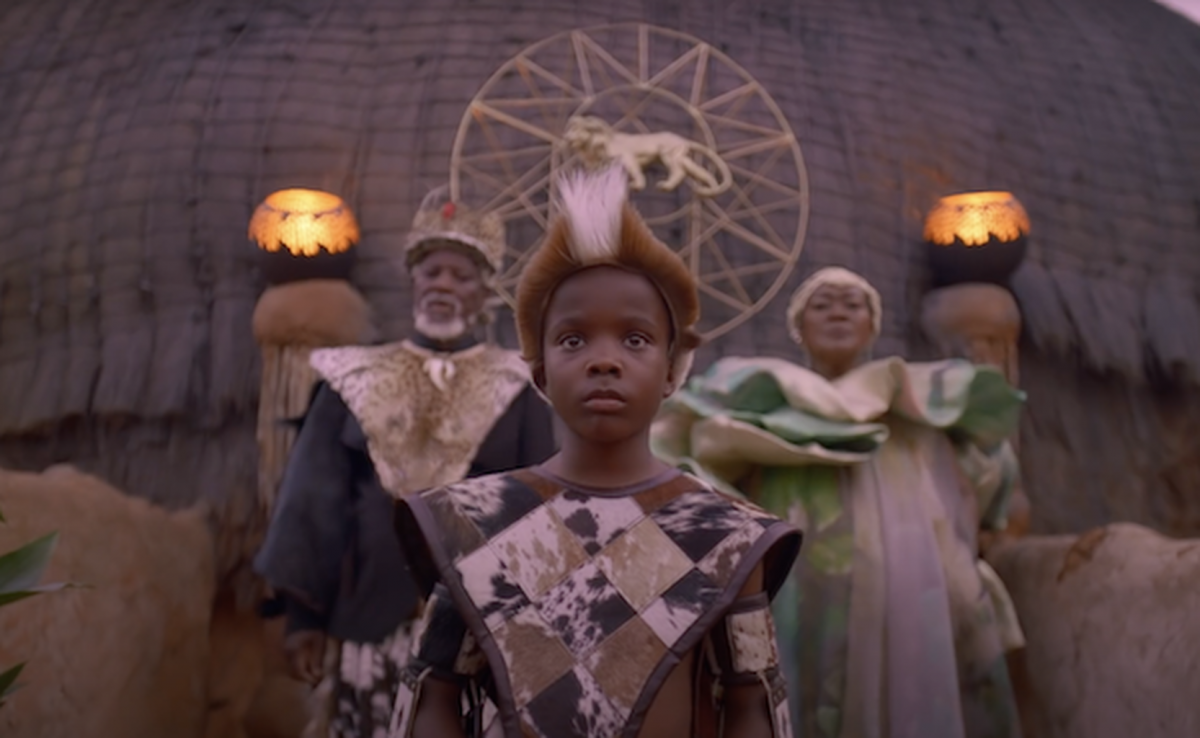

In order to bring the film to Africa, Disney+ cut a distribution deal with local broadcasting companies. It premiered on August 1, 2020 in the following countries:
- Nigeria
- South Africa
- Namibia
- Ghana
- Cameroon
- Ethiopia
- Burundi
- Liberia
- Togo
- Senegal
- Congo
- Benin
- Somalia
- Zimbabwe
- Kenya
- Ivory Coast
- Gabob
- Cape Verde
- Malawi
The film was also shown in the North Africa region and the Middle East.
Audience response was a mixture of praise and criticism. It left many divided when it came to its handling of socio-political issues. More importantly, however, it got people talking about those issues openly. Film buffs referred to it as a “visual masterpiece” and lauded its beautiful cinematography. Moreover, it received accolades for helping re-educate the public when it comes to Black identity. It reminds everyone that African-American lives did not begin in chains.
Many young African-Americans were inspired to learn more about the history of their race following the film’s release. An achievement that, we’re certain, the team behind the film is most proud of. There’s no question that the cultural impact of this project is certainly profound. The deep symbolism leaves plenty for viewers to discover with every watch.
Disney’s involvement in the project surprised many. Beyonce Lion King is a step forward in terms of style, but Black is King is a bold statement. Perhaps, the most direct statement they have made when it comes to tackling the discussion about racism. It’s safe to say that we can credit Beyonce for influencing this change. Her impact and influence on today’s generation is something that few others can achieve. We think MeLo-X’s tweet summed up the whole experience quite nicely:
“Truly an amazing and eye opening journey. Beyonce always pushes for greatness. This is nothing less.”

